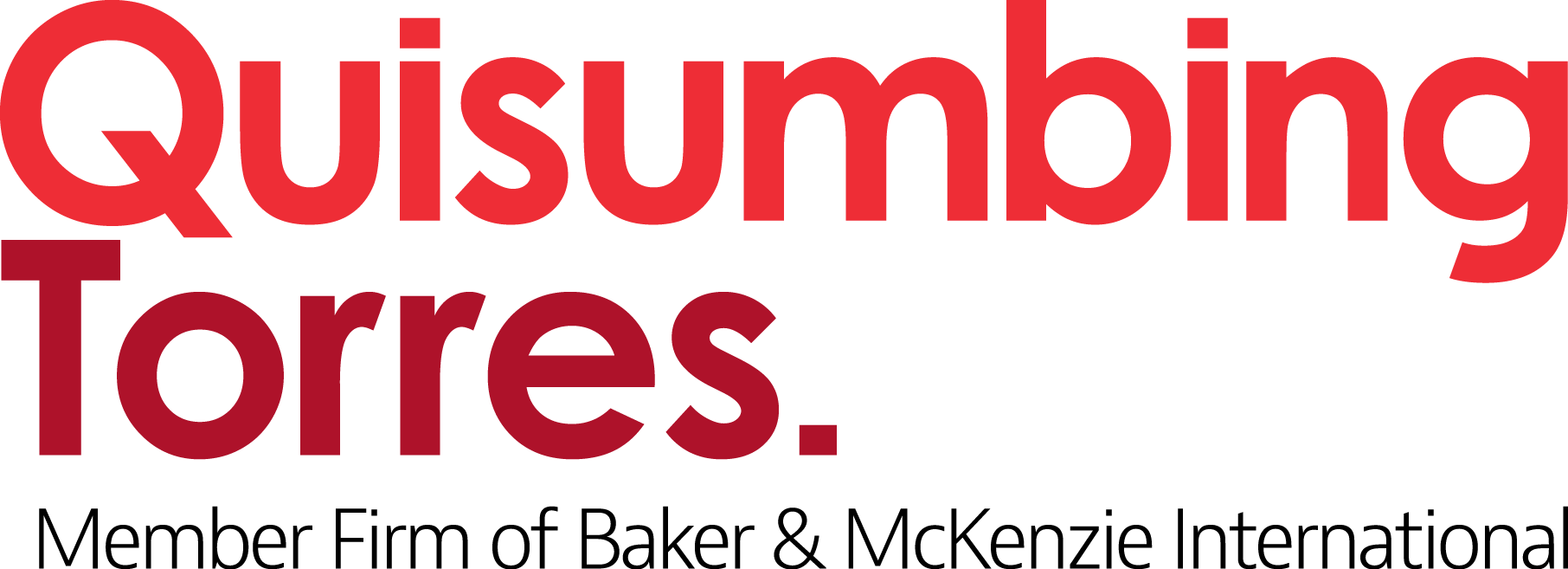In depth
Labor investigations under Philippine law
In the Philippines, disciplinary proceedings are deeply rooted in ensuring procedural due process, and labor investigations is a key precursor to such proceedings. The Supreme Court has emphasized that any disciplinary action, including suspensions, must be done with due process, which includes: 1) the right of the employee to be notified and 2) the opportunity to be heard. This principle applies not only to dismissals but also to suspensions and other disciplinary actions less severe than dismissal.
The investigation process
Labor investigations are a crucial process for addressing employee misconduct and ensuring compliance with company policies. The process typically begins with the detection of potential wrongdoing, which can come from various sources such as formal complaints, anonymous tips, or incidents observed by the employer. Once a potential issue is identified, a preliminary assessment is conducted to review the complaint and determine if there is a potential violation.
Key steps in the investigation process include:
- Detection: Identifying potential wrongdoing through various sources and reassuring whistleblowers that they will be protected against retaliation
- Preliminary assessment: Reviewing the complaint, assessing the credibility of the source/s, and determining the level of risk
- Objective and scope definition: Setting the objectives and scope of the investigation, identifying business areas involved, and determining the proposed budget and timeline
- Planning: Issuing notifications, identifying the investigating team, and adopting a plan for evidence gathering, reporting and PR strategies
- Conducting the investigation: Gathering evidence, conducting interviews, and maintaining legal privilege
- Response and remedial action: Producing an investigation report, conducting disciplinary proceedings, and implementing compliance programs
Disciplinary and remedial action
To comply with the due notice requirements mandated by law, after the investigation, the employer will send the employee a notice to explain. Under certain circumstances (which will be discussed below), the employer may put the employee on unpaid preventive suspension pending investigation, which should not exceed 30 days. If the preventive suspension is extended, the employee must be reinstated on payroll. The employer must review the evidence and the employee's explanation carefully before deciding on the appropriate sanction.
Key issues from a regional perspective
Across the Asia Pacific region, the principles of thorough and fair investigations are generally upheld, though the specifics can vary. Alongside adherence to due process requirements under local laws, ensuring compliance with contractual disciplinary policies is crucial.
- Remedial measures
When it comes to the allowable remedial measures during an investigation, employers with regional operations must navigate nuances in the terminology used, the degree of immediacy required in responding to complaints, and whether a "suspension" is warranted in a particular situation.
- Mental health issues
In cases where mental health issues are raised during an investigation, both the Philippine and regional practices emphasize the importance of certifying the employee's fitness to participate in the process. Employers are encouraged to provide accommodations and support to safeguard the employee's well-being.
- Data privacy
Data privacy is another critical aspect of investigations. Employers must ensure that data collection, use, and disclosure comply with relevant data privacy laws. Additionally, maintaining legal privilege during investigations is vital, especially when handling sensitive information.
Key considerations for handling personal data during investigations include:
- Collection and use: Ensuring consents are obtained upfront for the collection and use of data on company systems and devices
- Disclosure and transfer: Checking company policies for prior consents and considering mandatory reporting obligations
Practical tips for employers
While there is no hard and fast rule in the Philippines for investigating employee misconduct, here are some practical tips to keep in mind:
- Always provide a "show cause" notice or notice to explain before imposing a disciplinary sanction.
- Conduct thorough fact-finding investigations, and document all findings meticulously.
- Ensure the employee's right to be heard.
- Limit unpaid preventive suspensions to 30 days, and reinstate the employee on payroll if extended.
- Address mental health concerns by requiring certification and providing necessary accommodations.
- Adhere to data privacy laws and maintain legal privilege during investigations.
- Incorporate comprehensive data, privacy, and technology usage policies upfront in the employment relationship.
- For cross-border investigations, be mindful of the data protection laws in the jurisdictions involved.
Employers who prioritize thorough and fair investigations can maintain trust and integrity within their organizations while protecting business interests. For more information on this topic, please reach out to any Quisumbing Torres contact listed above.
* * * * *

Please contact QTInfoDesk@quisumbingtorres.com for inquiries.
VISIT QUISUMBING TORRES SITE

